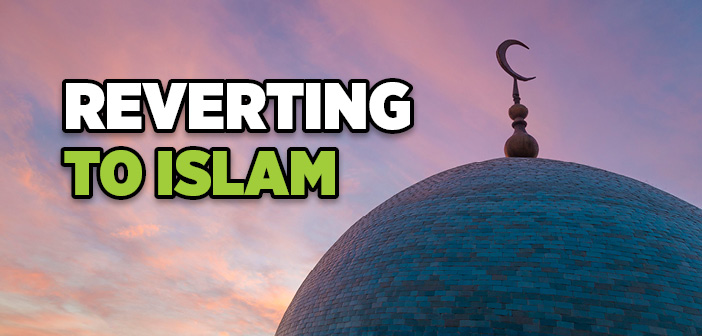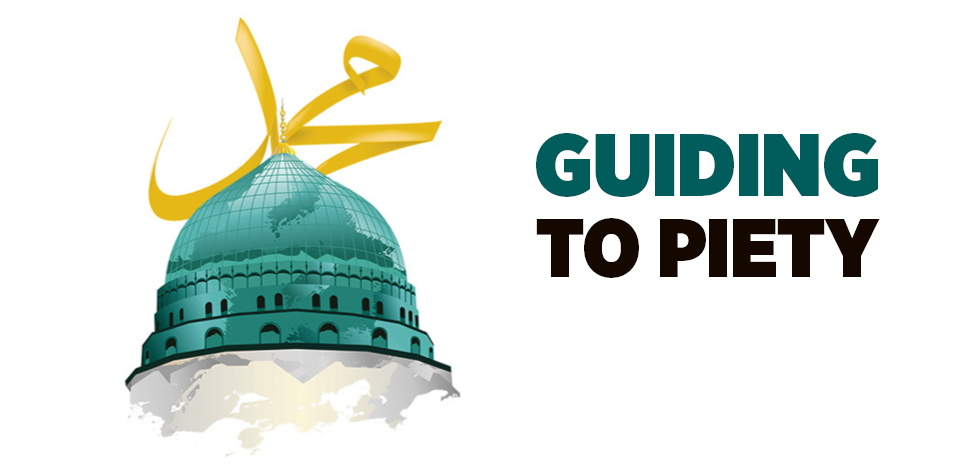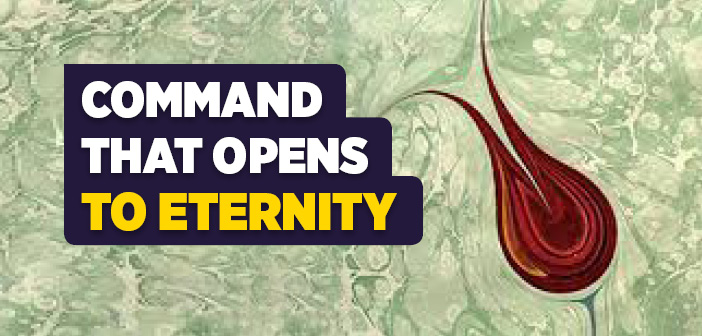What is guiding to piety? How to be piety?
The Prophet (SAW) says:
“Whoever sees an evil should correct it manually. If he lacks the power to do so, then verbally. If he lacks the power to do even that, then he should detest the act in his heart; and this is the weakest form of faith.” (Muslim, Iman, 78)
Among the conditions of avoiding eternal dismay is to advise each other with the truth and patience.
Efforts to counsel, instruct and reform others are not virtues simply left up to individual choice. It is a duty upon all Muslims; and if abandoned, it comes with a heavy responsibility and interrogation in the hereafter.
Abu Hurayrah (RA), in fact, says:
“We used to hear the companions explain:
On the day of judgment, a person will be caught by the collar by another person he never knew. Astounded, the man will say:
‘What do you want from me? I do not even know you…’
The person will reply:
‘You used to see me on earth making mistakes and committing vile acts but would never warn me. You would never prevent me from that evil.” (Mundhiri, al-Targhib va’t-Tarhib, v. III, p. 164, hadith no: 3506)
Serving the way of Allah (JJ) is not always done with words. A genuine display of righteous deeds and good morals can also promote the good.
Umar (RA) one day said
“Invite people without speaking.”
“How can we invite people without speaking?” he was asked.
He replied:
“With your state of mind (hal) and morals.”
A state of mind and morals reflect on a person’s face. It is said that the appearance holds a mirror to the inner self. The inner beauty of the Prophet (SAW) reflected onto his appearance. When Jewish scholar Abdullah ibn Salam (RA) met the Prophet (SAW) immediately after his migration to Medina, it took just one look at his blessed face for him to exclaim:
“This face could never lie” and embrace Islam on the spot. (Tirmizi, Qiyamah, 42/2485; Ahmed, V, 451)
The noble companions sought to reform themselves by looking at that mirror; and ultimately, each of them became as shiny as a star.
As saints also approach others with such a beautiful state of mind and clean heart, people often cannot help but remark:
“If a saint of this religion is like this, then how must its prophet have been?” These emotions make them turn to Islam, guidance, repentance and self-reform.
Among the qualities of the Prophet’s (SAW) companions, the Qur’an also mentions:
“…Their marks are the traces of prostration on their faces (the light and spirituality they acquire through prostrating) …” (Al-Fath, 48:29)
In fact, the companions once asked:
“Who are the saints of Allah?” to which the Prophet (SAW) replied:
“People whose faces remind you of the Almighty Allah.” (Haythami, X, 78; Ibn Majah, Zuhd, 4)
Source: BEING A GUIDING LIGHT, Osman Nuri Topbas, Erkam Publications
 Source: BEING A GUIDING LIGHT, Osman Nuri Topbas, Erkam Publications
Source: BEING A GUIDING LIGHT, Osman Nuri Topbas, Erkam Publications




